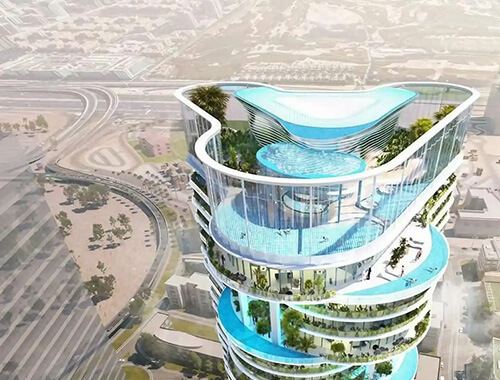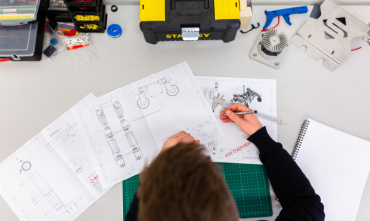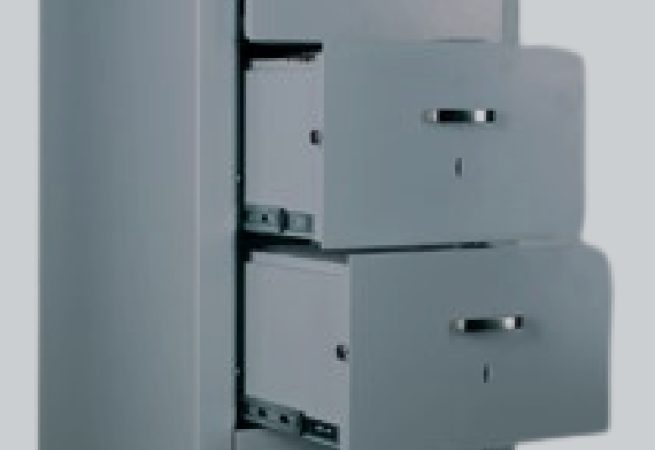

What Is Included In Short-Term Rental Property Management
Short-term rental properties, such as vacation homes or furnished apartments, require efficient and effective management to ensure a smooth and profitable operation. Short term rental property management encompasses a range of services designed to handle the day-to-day operations, guest interactions, and overall maintenance of the property. In this article, we will explore the key components included in short-term rental property management.
Property listing and marketing:
One of the primary tasks of short-term rental property management is creating an appealing listing and marketing the property to potential guests. Property managers work on optimizing the property’s online listing, ensuring that it has attractive descriptions, high-quality photographs, and competitive pricing. They also promote the property across various booking platforms, social media channels, and other marketing channels to increase its visibility and reach a wider audience.
Guest communication and bookings:
Short-term rental property managers handle guest inquiries, communication, and bookings from start to finish. They promptly respond to guest inquiries, provide detailed information about the property, and assist in the booking process. Property managers also manage the reservation system, ensuring that bookings are properly recorded, deposits are collected, and payment transactions are handled securely and efficiently.
Property cleaning and maintenance:
Maintaining a clean and well-maintained property is crucial for guest satisfaction. Short-term rental property management includes coordinating regular cleaning services to ensure that the property is spotless before each guest’s arrival and after their departure. Property managers also oversee routine maintenance tasks, such as checking for repairs, inspecting appliances, and ensuring that the property meets all safety standards.
Check-in and check-out procedures:
Smooth and efficient check-in and check-out processes are essential for a positive guest experience. Property managers handle the logistics of guest arrivals and departures, including key exchanges or providing access codes. They ensure that guests receive all the necessary information about the property, including house rules, parking instructions, and any other relevant details to facilitate a seamless transition into and out of the property.
Guest services and support:
Short-term rental property managers serve as a point of contact for guests throughout their stay. They provide support and assistance, addressing any issues or concerns that may arise. Property managers are available to handle guest inquiries, provide recommendations for local attractions and services, and offer assistance in case of emergencies. This level of personalized service helps to enhance the guest experience and fosters positive reviews and guest satisfaction.

The Ins And Outs Of Construction Contracts
Construction contracts are an essential component of any construction project. They outline the legal obligations and responsibilities of all parties involved in the project, including the owner, contractor, and subcontractors. This article will explore the ins and outs of contracts with construction companies in Riyadh.
Types of construction contracts
There are several types of construction contracts, each with its advantages and disadvantages. Some of the most common types of construction contracts include:
Lump sum contracts
A fixed price is agreed upon before the project starts, and the contractor is responsible for completing the project within that budget.
Cost plus contracts
The owner agrees to pay the contractor for the actual cost of the project plus a fee for the contractor’s services.
Time and materials contracts
The owner agrees to pay the contractor for the actual cost of labor and materials, plus a fee for the contractor’s services.
Design-build contracts
The owner contracts with a single entity to provide design and construction services.
Key components of construction contracts
Construction contracts typically include several key components, including:
- Scope of Work – a detailed work description, including drawings and specifications.
- Payment Terms – the payment amount and timing, including retainage and change order procedures.
- Schedule – the expected timeline for completion of the project.
- Warranty – the contractor’s warranty for the work performed.
- Indemnification – the allocation of responsibility for damages or losses incurred during the project.
- Dispute Resolution – the process for resolving disputes between the parties.
- Termination – the circumstances under which the contract can be terminated.
Contract administration
Proper contract administration is essential for a successful construction project. This involves monitoring the project’s progress, ensuring that the contract performs the work, and addressing any issues that arise. The contract administrator is typically the owner’s representative and manages the contract.
Construction contracts are a critical component of any construction project. They outline the legal obligations and responsibilities of all parties involved in the project and provide a framework for the successful completion of the project. By understanding the different types of contracts, key components, and proper contract administration, you can confidently approach your next construction project and achieve your goals.










